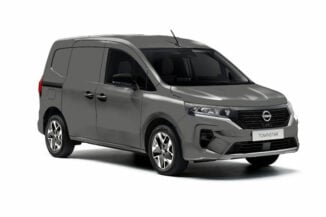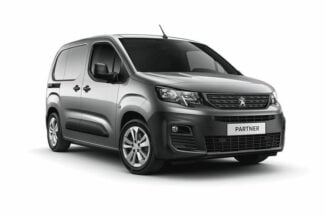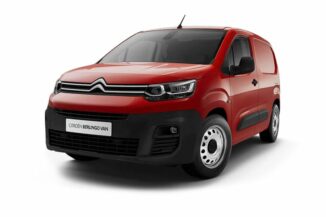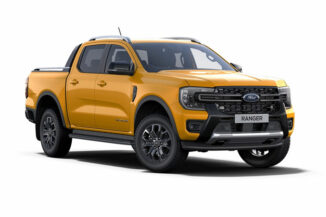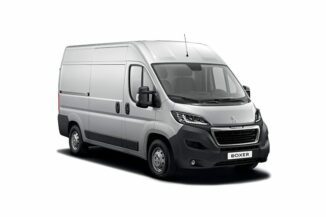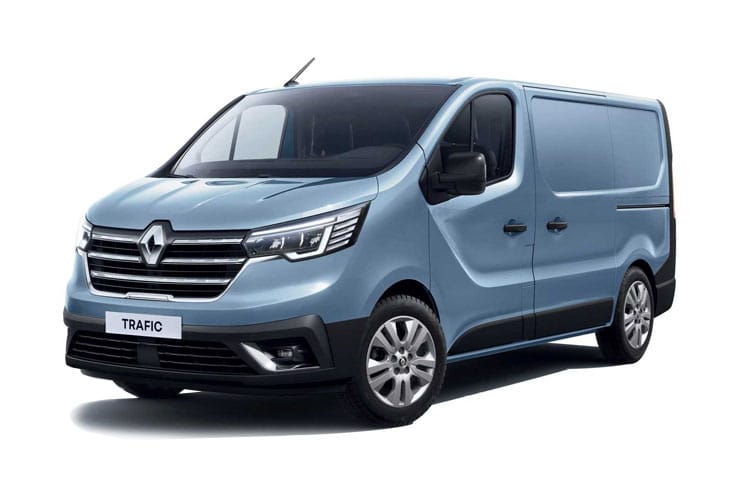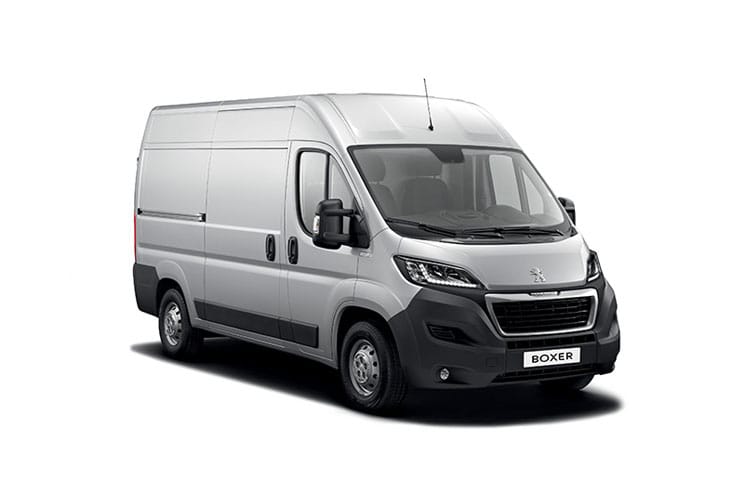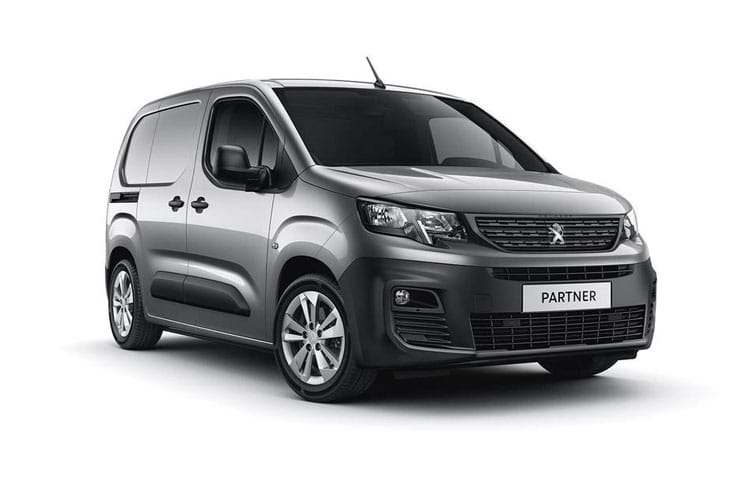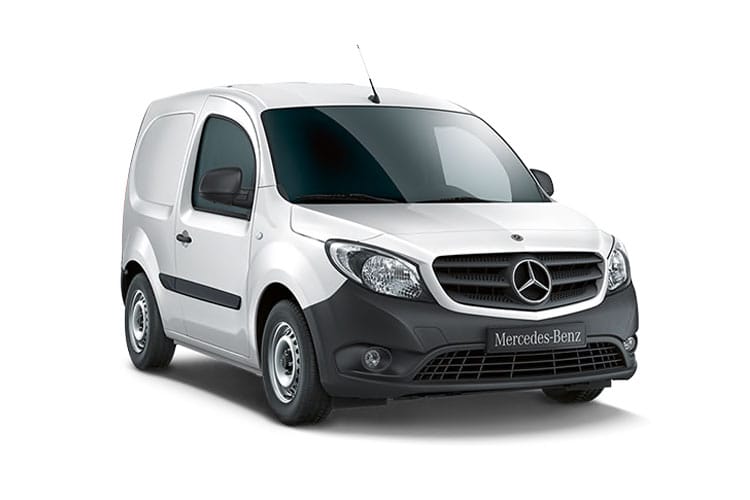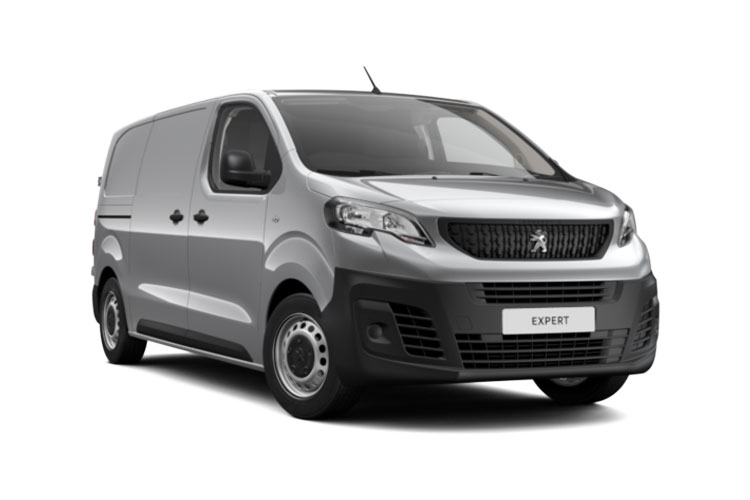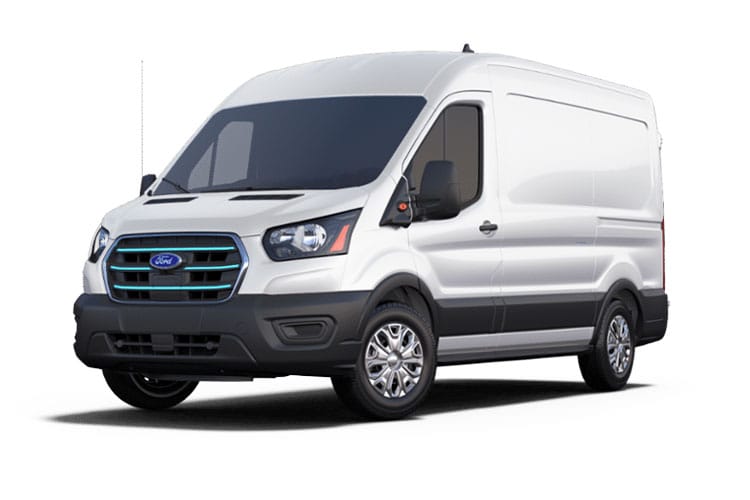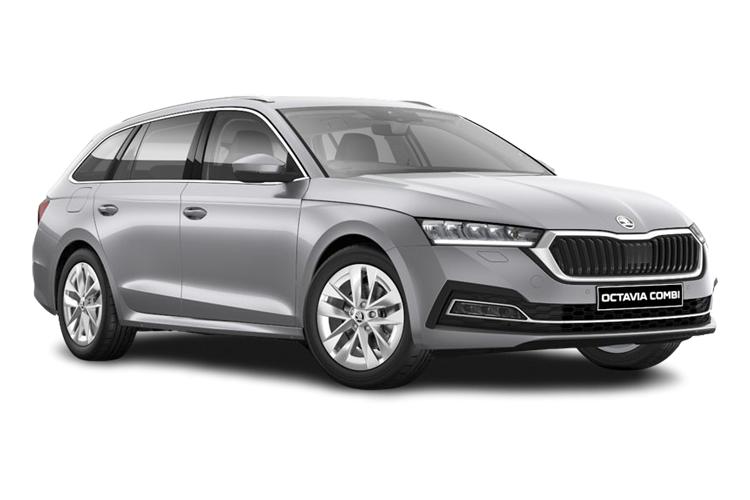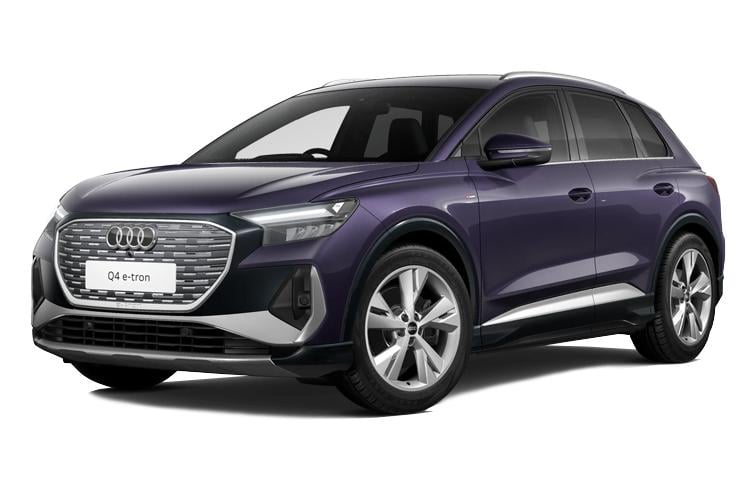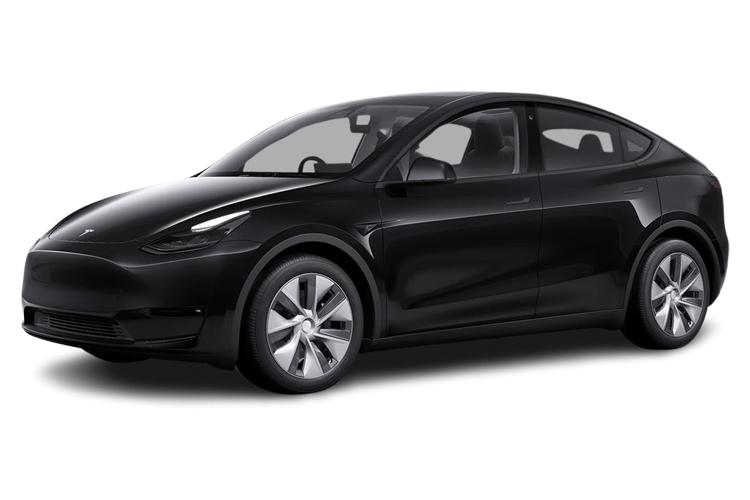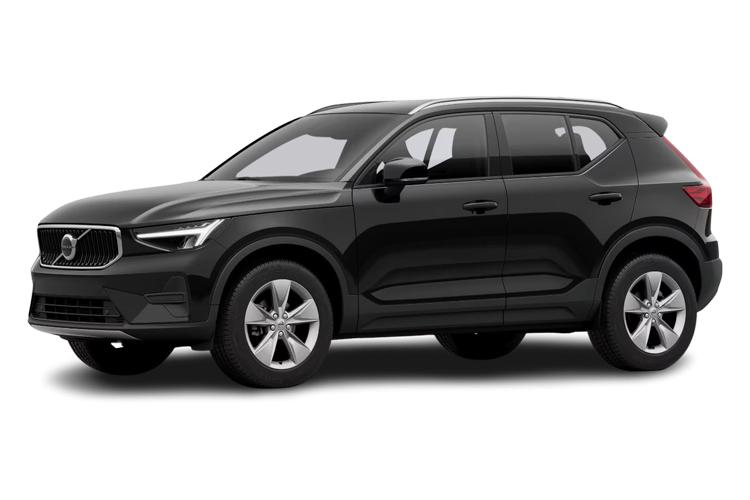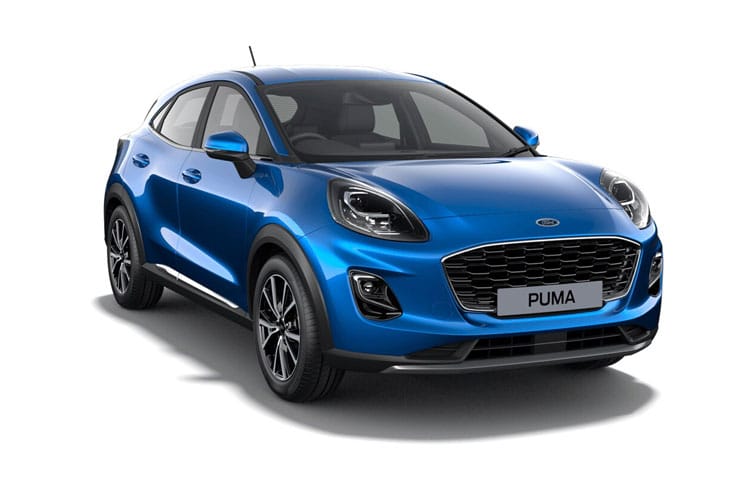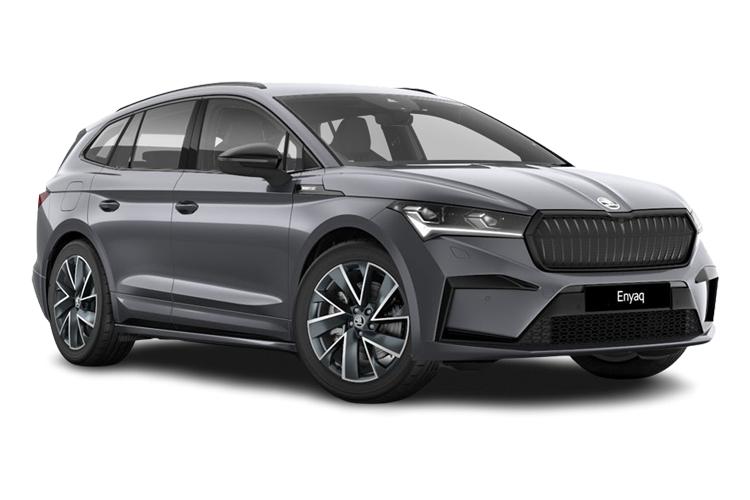In today’s blog, we will explore the topic of the VAT on a vehicle lease. We will not only explain the variations in rules for lease cars, pickup trucks, and commercial vans but also cover the eligibility criteria for claiming VAT back. If you are a business owner looking to reduce costs and maximise savings, continue reading to gain valuable insights into this crucial aspect of business finance.
Is there VAT on vehicle lease payments in the UK?
All new vehicles, regardless of whether they are purchased outright, leased, or financed, are subject to VAT. In the UK, the current VAT rate payable on cars and commercial vehicles is 20%.
The good news is that if you’re leasing a car or a van for your VAT-registered business, you can claim up to 100% of the VAT charged back. However, the amount you can reclaim varies depending on the classification of the vehicle.
Vehicle classification for VAT purposes
Vehicle classification is essential when determining which VAT rules apply to that vehicle. This is because there are separate rules for cars, as well as for goods (commercial) vehicles like pickup trucks and vans.
What’s a car and what’s a van?
According to HMRC, for tax purposes, a car is defined as any motor vehicle of a kind normally used on public roads that has at least three wheels that is not a goods vehicle, motorbike, invalid carriage (such as mobility scooter), or any other vehicle that is considered unsuitable for use as a private vehicle, such as a quad bike.
But what is a commercial vehicle? That’s where the confusion comes in. HMRC says that a goods vehicle is a vehicle primarily constructed for transporting loads where carrying passengers is not the primary purpose. Furthermore, this type of vehicle has a fully laden gross weight of at least 3.5 tonnes and can haul a minimum of 1 tonne of cargo. Lorries, vans, and tractors are all considered commercial vehicles.
Are kombi vans and pickup trucks considered commercial vehicles?
Double-cab pick-ups and kombi vans can cause some confusion when it comes to their classification for tax purposes. The reason is that even if you use this type of vehicle mainly as a business van, HMRC may still consider it a car due to the extra row of seats. To qualify as a “goods vehicle” and benefit from tax reliefs, the vehicle needs to have a payload of more than one tonne after accounting for seats. Moreover, it should have a dedicated load area larger than the passenger area.
You can find a list of frequently questioned vehicles on HMRC’s website.
The definition of a car-derived van
Generally, a car-derived van looks like a car but has the interior functionality of a van. Its load-carrying area lacks seats, seat belts, and side windows. Furthermore, to meet HMRC’s criteria for commercial vehicle classification, a car-derived van must not exceed a maximum laden weight of 2 tonnes.
Claiming back VAT paid on a van lease
There are no restrictions on claiming back the VAT paid on business vehicle lease as long as:
- The vehicle is a commercial vehicle according to HMRC.
- You use a vehicle solely for business purposes.
- Your business is VAT registered.
If all of these conditions are satisfied, your business can reclaim the VAT in full regardless of whether you bought the car or have a finance lease agreement, business contract hire, or a lease purchase agreement. If the car is leased, this includes VAT charged on the lease rentals (monthly payments), and the initial rental (deposit). Also, you can claim back the VAT on repairs and maintenance costs. Additionally, the HMRC treats the excess mileage charges as a service charge for tax purposes, allowing for the reclaiming of the entire VAT amount on these charges.

If your business vehicle is used for private motoring, then the amount you can claim will need to be adjusted accordingly.
VAT recovery on a lease car
To reclaim input VAT on the purchase or lease of a company car, you need to prove that the car is a qualifying car. This means that the vehicle is for business use as you cannot reclaim the VAT you were charged on a personal car.
It is probably one of the most challenging hurdles to overcome when leasing (or purchasing) a business car. Regardless of how you finance the vehicle (outright purchase, hire purchase, or lease purchase), you will be blocked from recovering the VAT in question unless:
- The use of the car is for business and business only purposes and is not subject to a previous claim that HMRC has blocked.
- The car is used exclusively for taxi services, self-drive hire (typically less than 30 days), or driving instructions. Again, there must not have been a previous claim that HMRC rejected. You also cannot claim on these grounds if no consideration is received for leasing the vehicle.
- The car is part of the stock of a motor manufacturer or motor dealer.
- You are adapting the car for use by a disabled person (check HMRC guidance for where these rules apply).
Generally, when you lease the car (or buy a car) for business, you claim back up to 50% of the charged VAT. This is because HMRC assumes that you can use the car for both business and personal purposes. Furthermore, the 50% figure applies to the lease element of the contract only. However, if you choose a maintained agreement, the maintenance element is considered a business expense allowing you to claim 100 % of the VAT back. Just make sure that your leasing company lists the maintenance charge on the invoice separately!
Is it possible to reclaim 100% VAT on a lease car?
There are very strict rules as to when you can claim back the full VAT on the finance element of the lease agreement. This is practically only possible when you lease a car for business purposes. Moreover, you must be able to prove that private use of the car is not possible. These could be a car used by multiple employees and kept on business premises such as driving school car or pool car, as well as taxi cab, or self-drive hire car. Bear in mind that the HMRC is very sensitive about it, so you shouldn’t try to bend these rules.
How to prove that the car lease is for business and not for private use?
The only way to demonstrate that you use the vehicle for business purposes and business purposes only is to prohibit its personal use. How? You can do that by:
- Keeping the vehicle on business premises when unused during the day and outside business opening hours (including at night) with the keys locked (in a safe).
- Taking a car insurance policy for business use only.
- Signing a car use agreement between yourself and your employee/s.
- Installing a car tracker (however, this will only provide evidence of trips, not the fact that private use was impossible).





